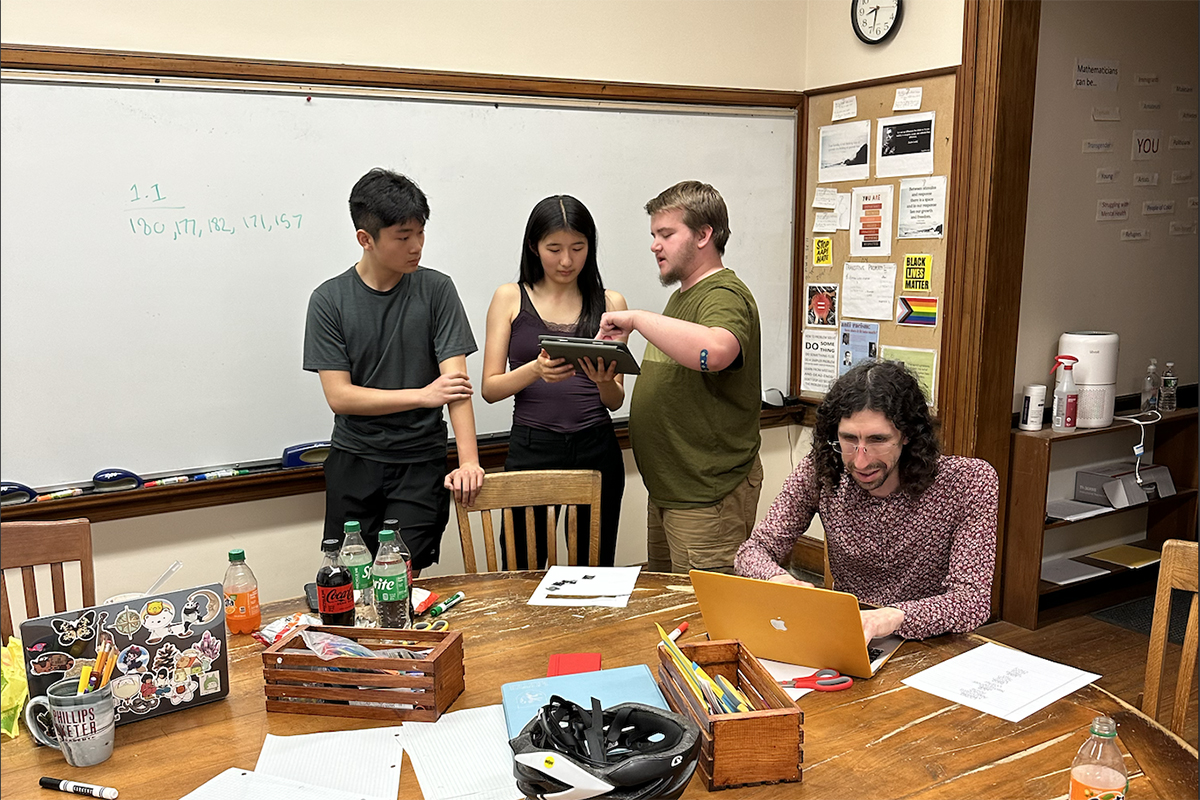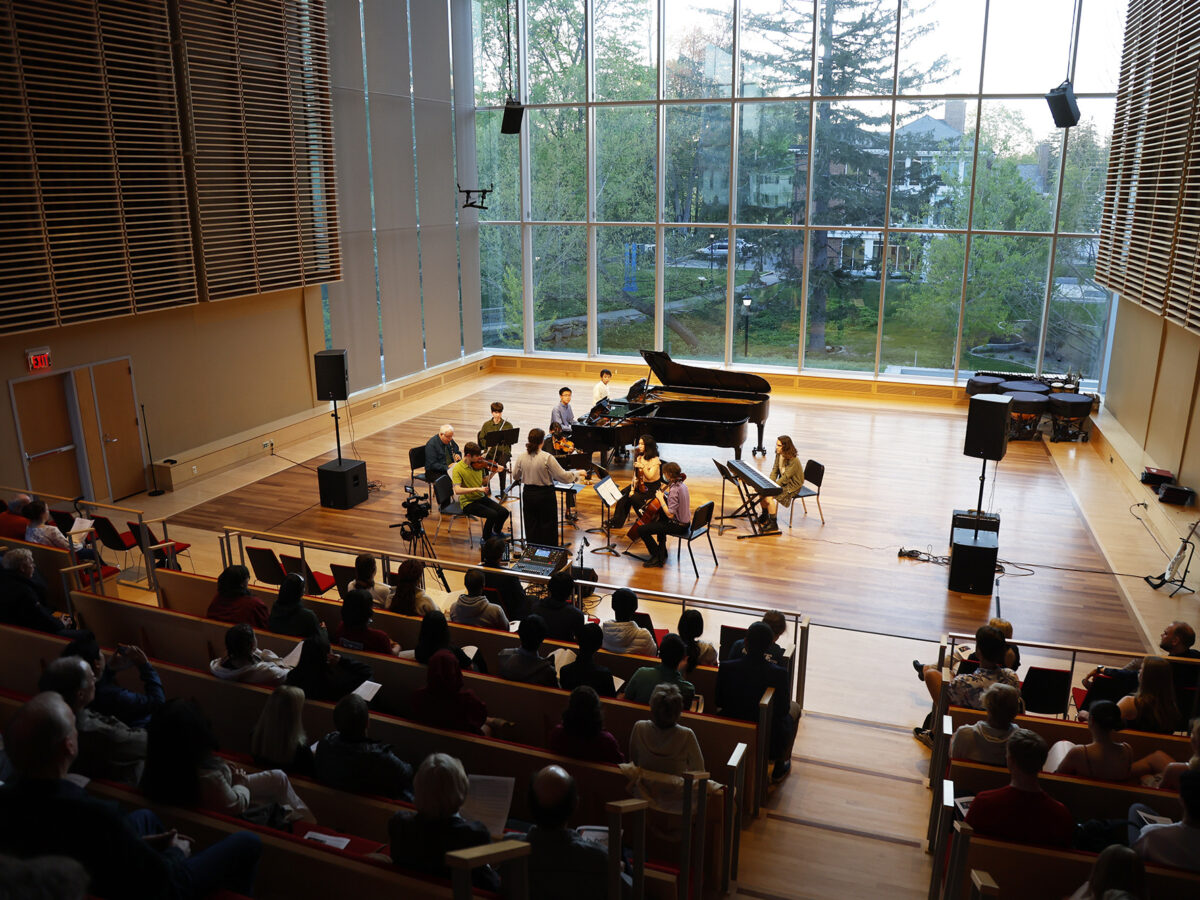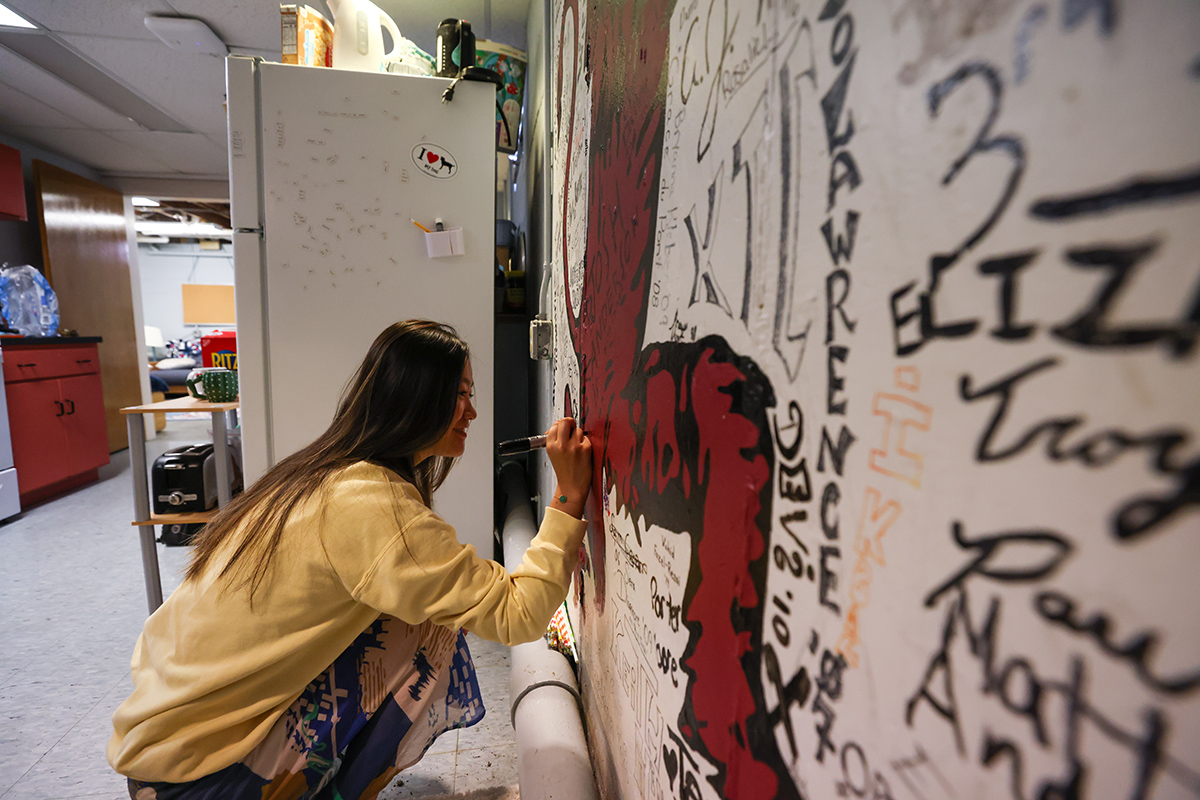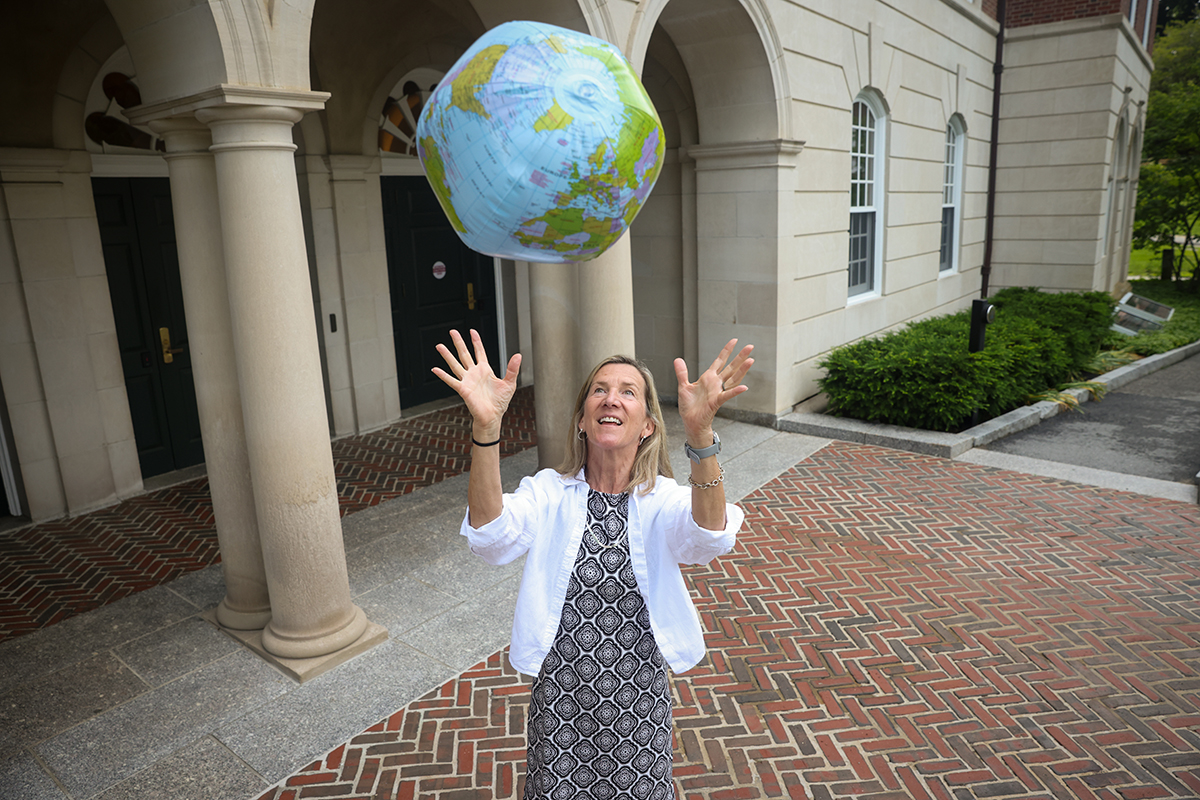“What parts of the puzzle are unused?” I ask. They groan, but I can practically see the gears in their brains turning. Providing puzzle hints is one of my favorite parts of the Hunt. It’s actually very similar to leading a Harkness discussion; my job isn’t to answer their questions but to guide them to their own realizations, or what we in HQ like to call a-ha! moments. I wish the team luck before jogging back to HQ. Upon my arrival, I’m instantly dispatched to another hint request. Answering nonstop hint requests fills my day.
Our teams are making great progress. After closing HQ at 11 p.m., two of our teams are almost done solving Meta 3, while teams lamfam and Sticker Herd are on Meta4. It looks as if multiple teams might solve the Meta Meta! This year, the information needed to solve the Meta Meta is scattered across campus, in the form of characters played by some of our HQ members. Each character is an archetype from a TV genre and, if you ask the right questions, they’ll tell you everything you need to know to solve the Meta Meta.
I’m vibrating with excitement on my Sunday morning walk to HQ. I open HQ but can’t stay for long. Unfortunately, both Liam and I have a required appointment that lasts all day, so we won’t be there when the teams solve the Meta Meta. Before I leave, I distribute scripts to the HQ cast and set up the final Meta Meta location. I check on the teams’ progress remotely throughout the day. By 3 p.m., Sticker Herd has started solving the Meta Meta, and NAT1 is almost done with Meta 5. I receive text updates from Cee McClave ’24, who is running HQ while Liam and I are gone. Finally, at 4:40p.m., Cee texts me a final update: “We have a winner!” Sticker Herd is the first team to complete the 2023 Hunt. Liam and I rush back to HQ.
The clock strikes 6 p.m. and the Hunt is officially over. We invite all the teams to the HQ classroom for a slideshow of our silliest Judge Puzzle skits, our funniest answer submissions and, finally, we announce our 2023 Hunt winners. We laugh, we applaud and everyone in the room thanks Ms. Lembo profusely. (Seriously, this couldn’t happen without her.)
Soon students disperse to start their homework and alumni begin the trek home. Although the Hunt is over, HQ is already crafting the beginnings of next year’s Hunt. (Note: This article is not a puzzle.)
ANSWER: Hitomezashi stitches encode binary based on the alternating lines in the grid. When translated using ASCII, you get the answer: KNITS
This profile was first published in the summer 2023 issue of The Exeter Bulletin.

 By 8:30 p.m., HQ is spread thin. The other six members of HQ are giving hint requests in various classrooms, so I am monitoring answer submissions solo in HQ. For each submission, I call to inform the team whether the answer is correct. Confirming a correct answer often results in a delightfully deafening cheer from the team.
By 8:30 p.m., HQ is spread thin. The other six members of HQ are giving hint requests in various classrooms, so I am monitoring answer submissions solo in HQ. For each submission, I call to inform the team whether the answer is correct. Confirming a correct answer often results in a delightfully deafening cheer from the team.






 Fred enjoyed singing, a talent he furthered as a member of the Yale Glee Club as well as the Whiffenpoofs, the university’s a cappella group. He and his wife, Joan, also performed with the Yale Alumni Chorus. In his later years, Fred was an enthusiastic supporter of Charleston Stage and appeared in such productions as My Fair Lady and Of Mice and Men.
Fred enjoyed singing, a talent he furthered as a member of the Yale Glee Club as well as the Whiffenpoofs, the university’s a cappella group. He and his wife, Joan, also performed with the Yale Alumni Chorus. In his later years, Fred was an enthusiastic supporter of Charleston Stage and appeared in such productions as My Fair Lady and Of Mice and Men.


 ODELL: Initially, I was intimidated by [coach Moore]. It was clear she was incredibly smart, loved teaching and loved getting up early to speak through her bullhorn on the river. As I got to know her better, I realized we were similar in a lot of ways. We’re both direct, we both love the life of the mind, and we see teaching as an intellectual pursuit. I came to the Exeter Humanities Institute when I started teaching in 2013, and she was one of my instructors. I used to call her when I was teaching English, and she always had a deeply thought-out answer that showed her abiding passion for what she does as a teacher.
ODELL: Initially, I was intimidated by [coach Moore]. It was clear she was incredibly smart, loved teaching and loved getting up early to speak through her bullhorn on the river. As I got to know her better, I realized we were similar in a lot of ways. We’re both direct, we both love the life of the mind, and we see teaching as an intellectual pursuit. I came to the Exeter Humanities Institute when I started teaching in 2013, and she was one of my instructors. I used to call her when I was teaching English, and she always had a deeply thought-out answer that showed her abiding passion for what she does as a teacher.
 she won a Merrill Presidential Scholarship that allowed her to invite her most influential high school teacher to campus for the ceremony. Corner-Dolloff immediately thought of Matlack. Today, she is senior policy adviser for climate and agriculture in USAID’s Bureau for Resilience and Food Security.
she won a Merrill Presidential Scholarship that allowed her to invite her most influential high school teacher to campus for the ceremony. Corner-Dolloff immediately thought of Matlack. Today, she is senior policy adviser for climate and agriculture in USAID’s Bureau for Resilience and Food Security.







